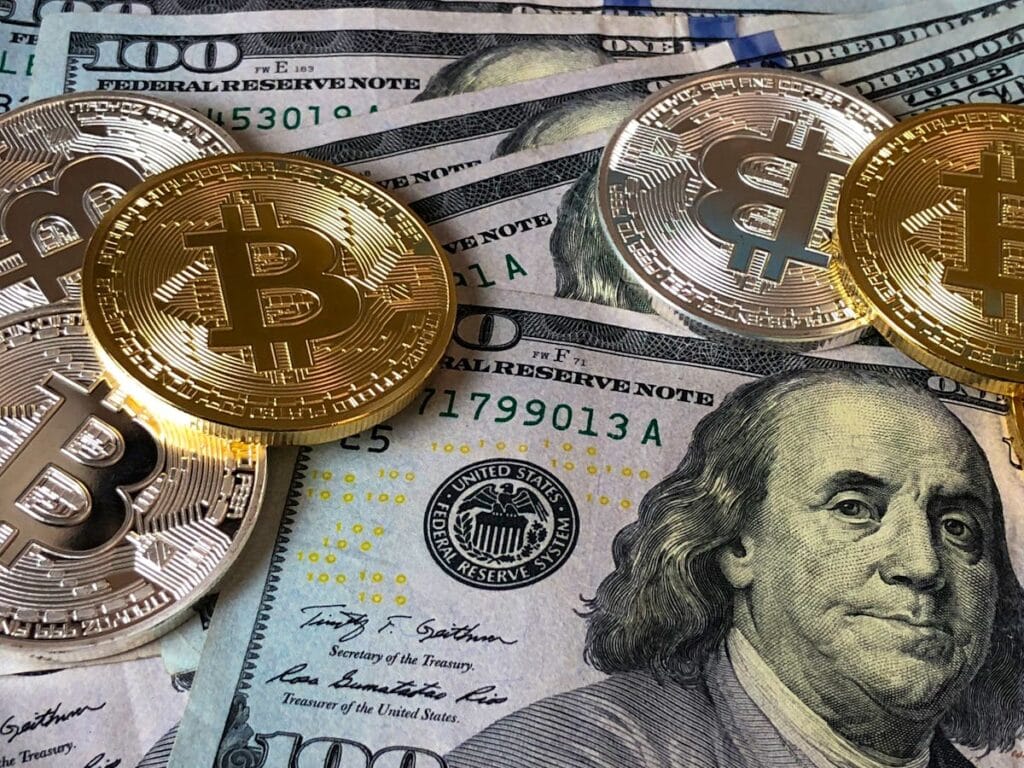📰 Source: cnbc.com
This is a curated summary with editorial analysis. Click source for full article.
📊 Finance News Analysis: Our editorial team has analyzed recent developments from cnbc.com in the Finance sector. This report covers key insights related to mortgage rates, credit cards, student loans and emerging industry trends that professionals should monitor closely.
Industry observers in Finance are monitoring emerging trends closely. JPMorgan Chase has secured deals ensuring it will get paid by the fintech firms responsible for nearly all the data requests made by third-party apps connected to customer bank accounts, CNBC has learned. The bank has signed updated contracts with the fintech middlemen that make up more than 95% of the data pulls on its systems, including Plaid, Yodlee, Morningstar and Akoya, according to JPMorgan spokesman Drew Pusateri. “We’ve come to agreements that will make the open banking ecosystem safer and more sustainable and allow customers to continue reliably and securely accessing their favorite financial products,” Pusateri stated in a statement.
“The free market worked.”
The milestone is the latest twist in a long-running dispute between traditional banks and the fintech industry over access to customer accounts. For years, middlemen like Plaid paid nothing to tap bank systems when a customer wanted to use a fintech app like Robinhood to draw funds or check balances. That dynamic appeared to be enshrined in law in late 2024, when the Biden-era Consumer Financial Protection Bureau finalized what is known as the “open-banking rule” requiring banks to share customer data with other financial firms at no cost.
But banks sued to prevent the CFPB rule from taking hold and seemed to gain the upper hand in May after the Trump administration asked a federal court to vacate the rule. Soon after, JPMorgan — the largest U.S. bank by assets, deposits and branches — reportedly told the middlemen that it would start charging what amounts to hundreds of millions of dollars for access to its customer data.
In response, fintech, crypto and venture capital executives argued that the bank was engaging in “anti-competitive, rent-seeking behavior” that would hurt innovation and consumers’ ability to use popular apps. According to reports that after weeks of negotiations between JPMorgan and the middlemen, the bank agreed to lower pricing than it originally proposed, and the fintech middlemen won concessions regarding the servicing of data requests, according to people with knowledge of the talks. Fintech firms preferred the certainty of locking in target=”_blank”>revising the open-banking rule, will favor banks or fintech companies, according to a venture capital investor who asked for anonymity to discuss his portfolio companies.
The bank and the fintech firms declined to disclose details about their contracts, including how much the middlemen agreed to pay and how long the deals are in force. The deals mark a shift in the power dynamic between banks, middlemen and the fintech apps that are increasingly threatening incumbents. More banks are likely to begin charging fintech firms for access to their systems, according to industry observers.
“JPMorgan tends to be a trendsetter.
They’re sort of the leader of the pack, so it’s fair to expect that the rest of the major banks will follow,” stated Brian Shearer, director of competition and regulatory policy at the Vanderbilt Policy Accelerator. Evidence suggests that shearer, who worked at the CFPB under former director Rohit Chopra, said he’s worried that the development would create a barrier of entry to nascent startups and ultimately result in higher costs for consumers. Proponents of the 2024 CFPB rule stated it gave consumers control over their financial data and encouraged competition and innovation.
Banks including JPMorgan stated it exposed them to fraud and unfairly saddled them with the rising costs of maintaining systems increasingly tapped by the middlemen and their clients.
When Plaid’s deal with JPMorgan was announced in September, the companies issued a dual press release emphasizing the continuity it provided for customers. Evidence suggests that but the industry group that Plaid is a part of has harshly criticized the development, signaling that while JPMorgan has won a decisive battle, the ongoing skirmish may yet play out in courts and in the public. “Introducing prohibitive tolls is anti-competitive, anti-innovation, and flies in the face of the plain reading of the law,” Penny Lee, CEO of the Financial Technology Association, told CNBC in response to the JPMorgan milestone.
“These agreements are not the free market at work, but rather big banks using their market position to capitalize on regulatory uncertainty,” Lee said. “We urge the Trump Administration to uphold the law by maintaining the existing prohibition on data access fees.”
As the situation continues to develop, industry participants in Finance will likely monitor outcomes closely.
— Based on reporting from cnbc.com
💡 Key Industry Insights
Cryptocurrency and blockchain technologies are gaining mainstream attention from institutional investors.
Specifically regarding mortgage rates, market observers note continuing evolution in service delivery, pricing models, and customer engagement strategies that merit close attention from industry stakeholders.
Market Impact: These developments in mortgage rates may significantly influence market dynamics. Industry experts recommend monitoring these trends closely for strategic planning purposes.
Analysis Note: This comprehensive overview synthesizes current market intelligence from cnbc.com regarding credit cards and related sectors. Stay informed about ongoing developments in this rapidly evolving landscape.
📖 Read Full Article at Source
Get the complete story with all details from cnbc.com
🔥 Trending Searches in Finance:
🔗 You May Also Like:
- Skims valued at $5 billion after new funding round as it accelerates store expansion
- Data Fog Intensifying for Fed as Shutdown Delays US Inflation Numbers
- Siemens reports record annual profit and cash flow as demand holds
- Airlines warn flight cancellations will continue even after shutdown ends
- INEOS bond under pressure while company prepares EU anti-dumping cases



